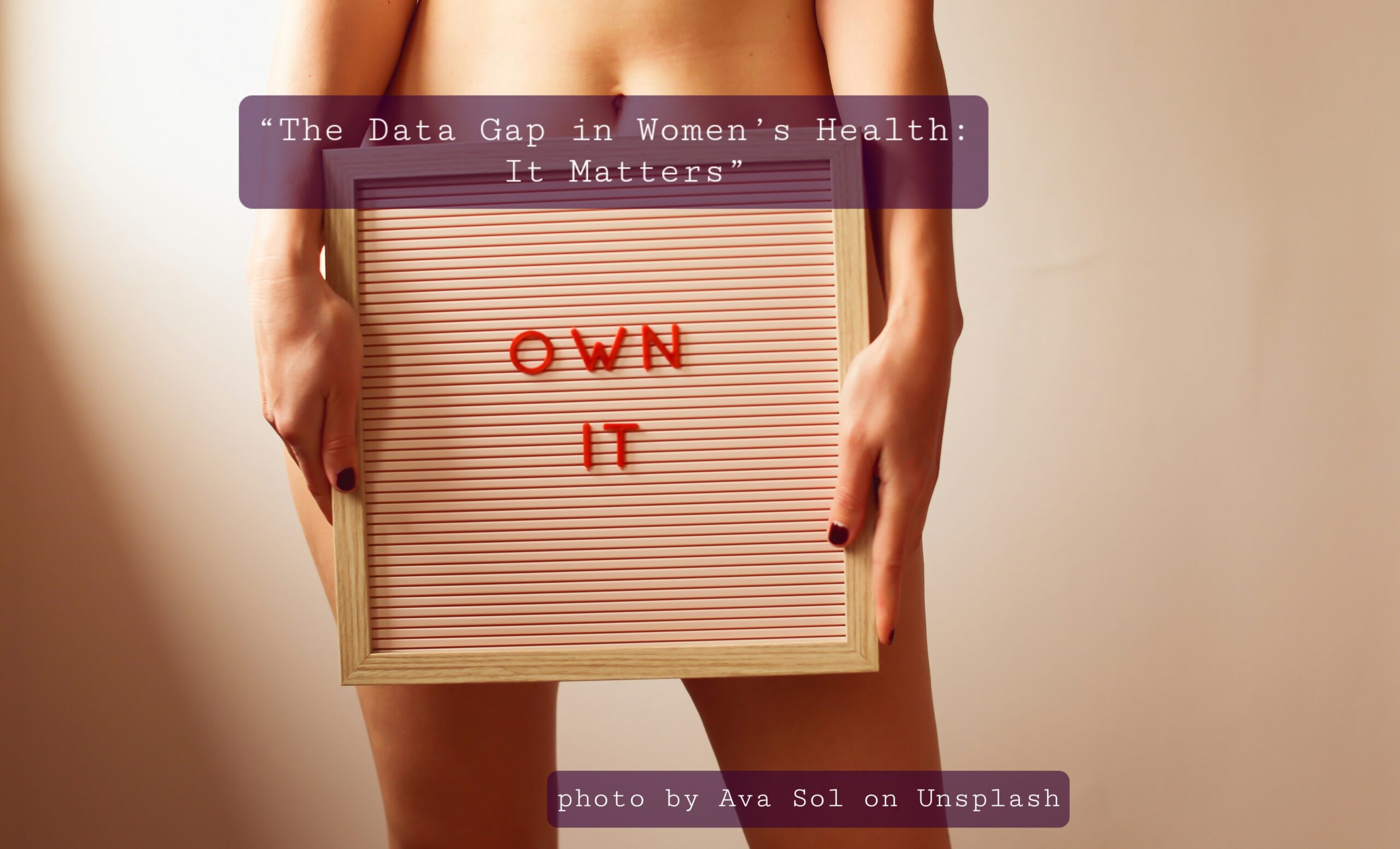The Hidden Bias in Medical Research
For decades, medical science has been built on a biased foundation.
Most clinical trials, drug studies, and diagnostic models have been based primarily on male bodies — specifically, healthy white men of middle age.
This imbalance created what is now known as the gender data gap in medicine — a gap that affects how diseases are diagnosed, how drugs are prescribed, and how women experience healthcare.
Why Were Women Excluded?
For much of the 20th century, women were systematically excluded from medical research.
Researchers claimed that hormonal fluctuations, menstrual cycles, pregnancy, and menopause made women “too complicated” to study.
In the pursuit of so-called clean data, women were left out of the data altogether.
The consequences have been profound.
The Impact on Women’s Health
The lack of female-specific data has led to:
- Delayed or missed diagnoses in conditions like heart disease, ADHD, and autoimmune disorders.
- Ineffective drug treatments, as medication dosages were designed for male metabolism.
- Under-researched conditions such as endometriosis, PCOS, menopause, and fibromyalgia.
- Higher rates of adverse drug reactions in women, due to physiological and hormonal differences.
This isn’t just about gender equality — it’s about scientific accuracy and patient safety.
The Change Has Begun
In recent years, awareness of the gender gap in health research has grown.
International health agencies and research institutions now mandate the inclusion of women in clinical trials.
We are beginning to see new research that examines how sex and gender differences affect disease patterns, immunity, and drug response.
A new generation of female doctors, scientists, and advocates is leading this transformation.
They are rewriting the story of medicine — one that includes, values, and represents all bodies.
Toward Inclusive and Equitable Healthcare
A healthcare system that truly sees women is not just fairer — it’s smarter, safer, and more effective.
Because science that ignores women is incomplete.
And medicine that includes everyone is stronger, wiser, and deeply human.

